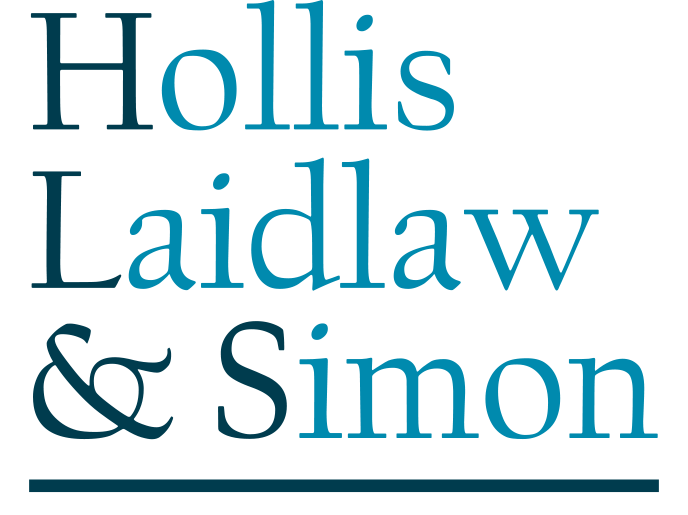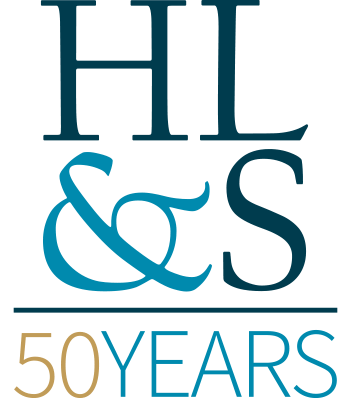New York State publicly asserts to have the nation’s leading anti-sexual harassment agenda. To back up that claim, several new laws became effective in 2018 that will impact every workplace in the state. These laws should not be overlooked. Employers who disregard them will not only leave themselves subject to regulatory investigation, but also vulnerable and ill-equipped to defend a sexual harassment claim or lawsuit.
Requiring immediate attention, all employers regardless of size must now adopt a sexual harassment prevention policy for their workplace and provide annual anti-harassment training for their employees. This new requirement places greater responsibility on employers to take steps to prevent sexual harassment before it occurs by letting their managers and employees know that harassment will not be tolerated.
Additionally, employers are now required to take immediate corrective action to prevent the sexual harassment of non-employees in the workplace, including independent contractors, vendors, subcontractors and others who provide services to the employer. This new law greatly expands the class of complainants who can seek legal or administrative remedies against an employer.
Further, employers will now find it to be more difficult to keep incidents of sexual harassment in the workplace confidential. Settlement agreements containing terms or conditions that seek to prevent the disclosure of sexual harassment incidents are now prohibited in most instances.
The new laws became effective at various points in 2018. If you have not yet taken steps to comply with the law, now is the time to take action. By establishing anti-harassment policies and providing training to employees, employers will be better positioned to defend claims of sexual harassment by demonstrating that they complied with the new regulations and took reasonable preventative measures. Laidlaw & Simon provides assistance to employers and can help review and update existing policies and employment [or termination] agreements to ensure compliance with the new minimum standards, as well as provide guidance for employers facing other legal issues in the workplace.
Please contact David Simon for any additional guidance on these issues.













